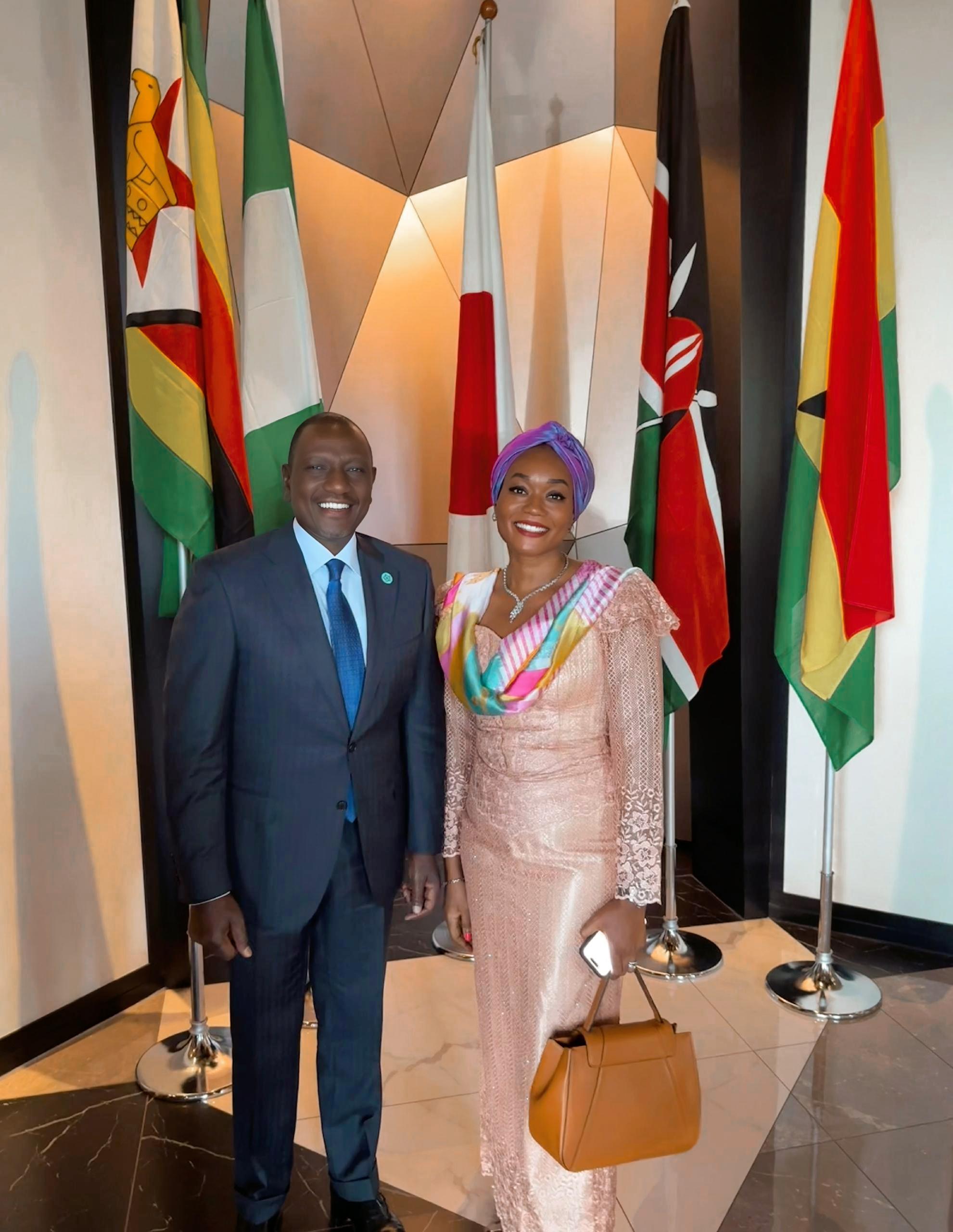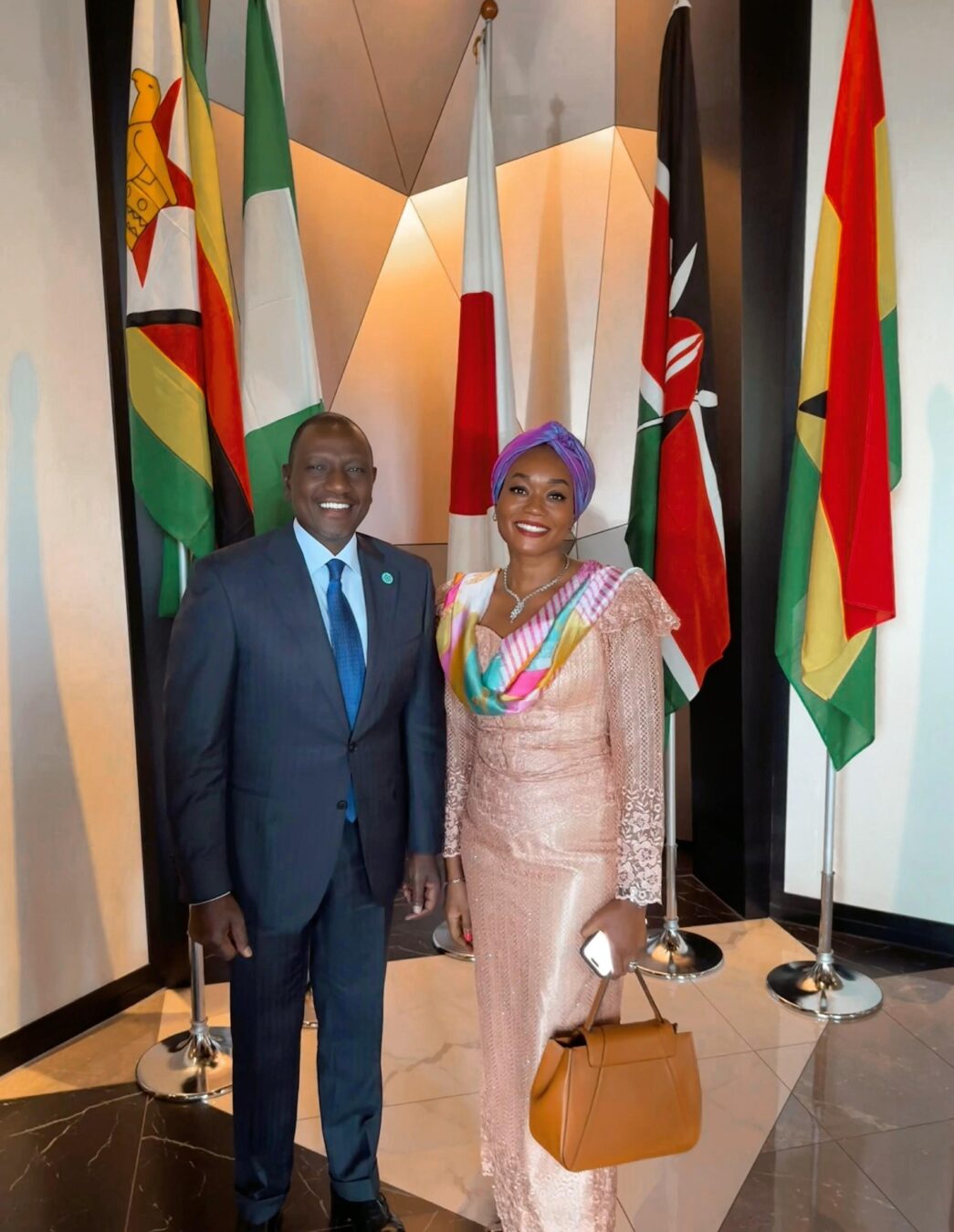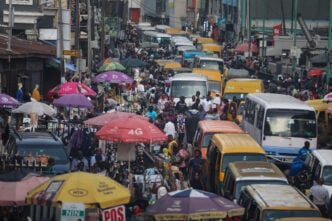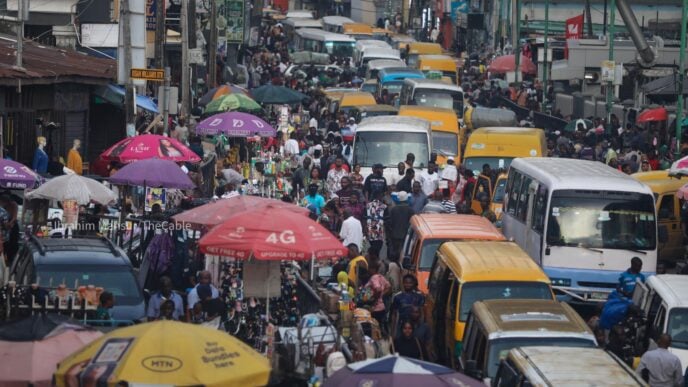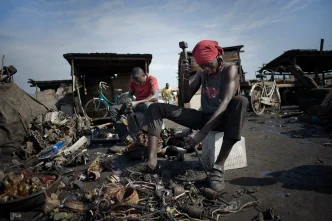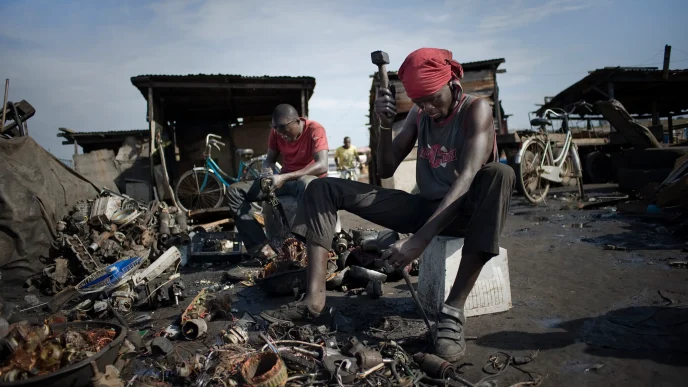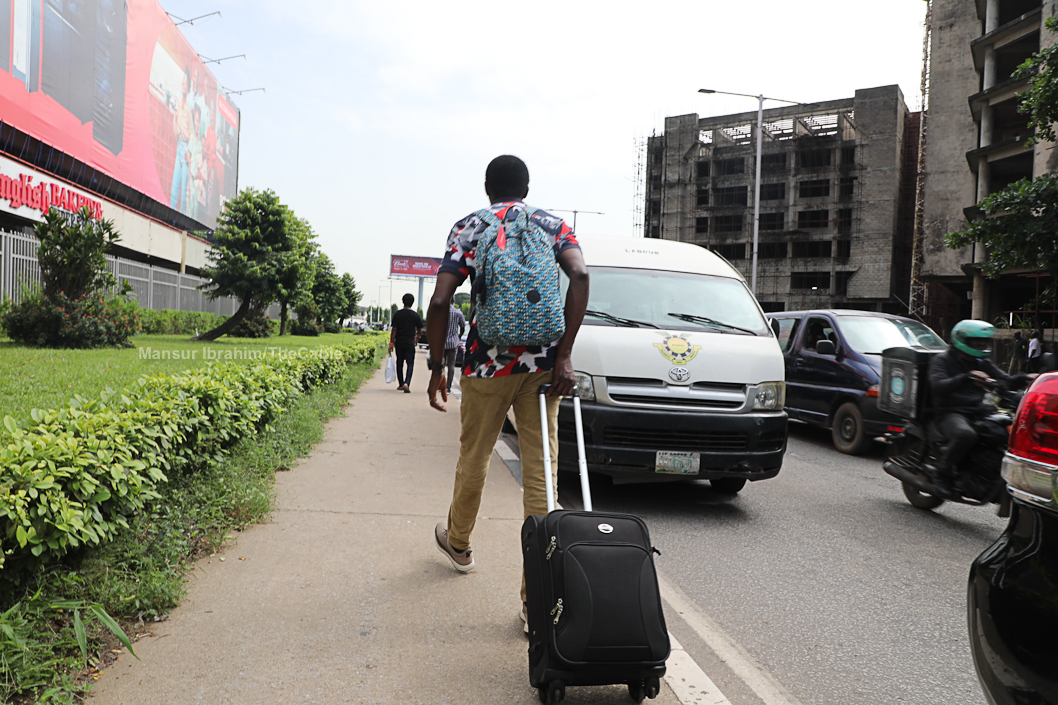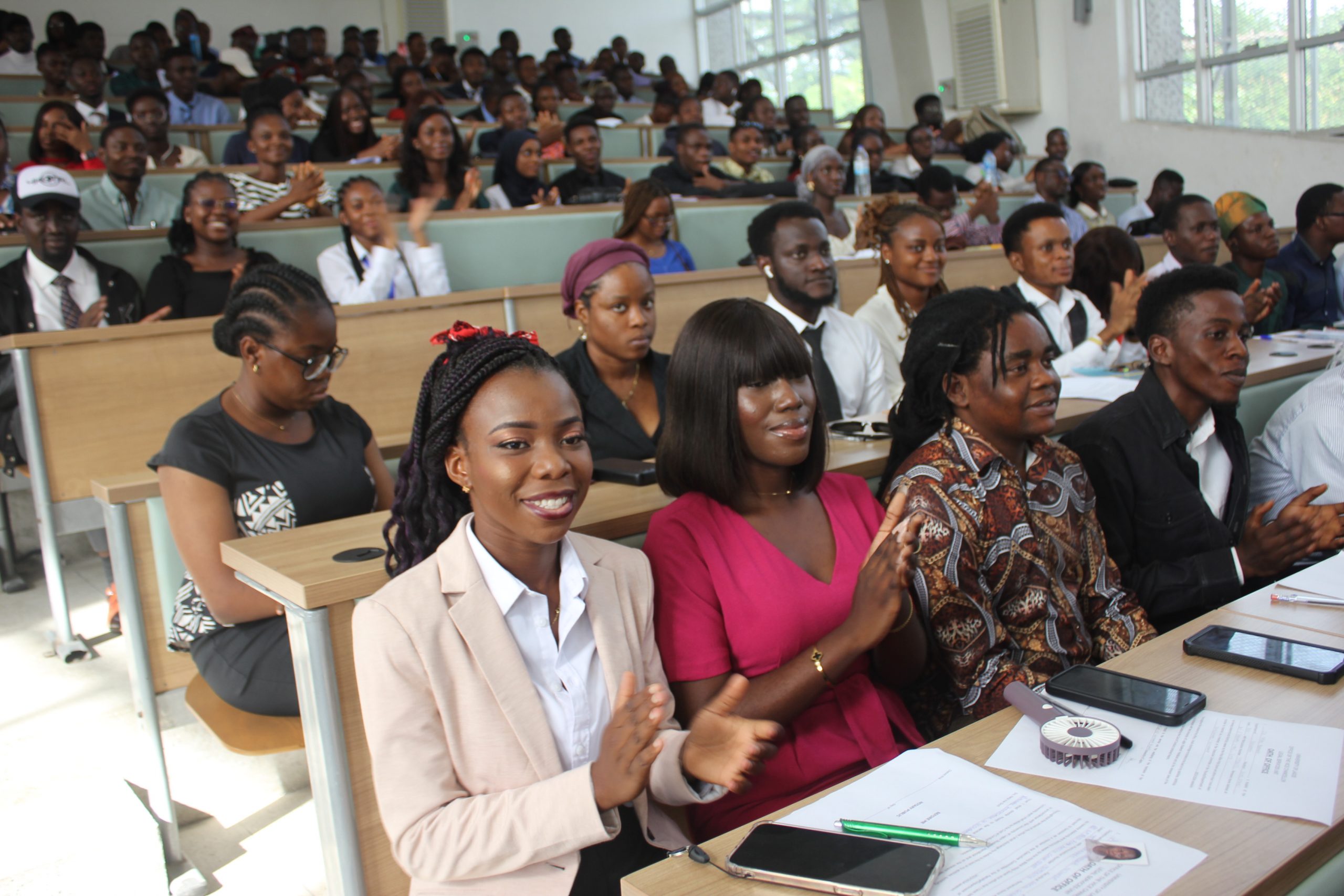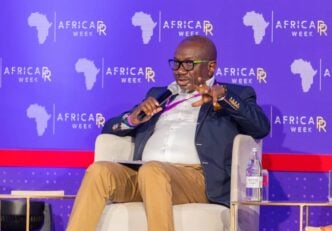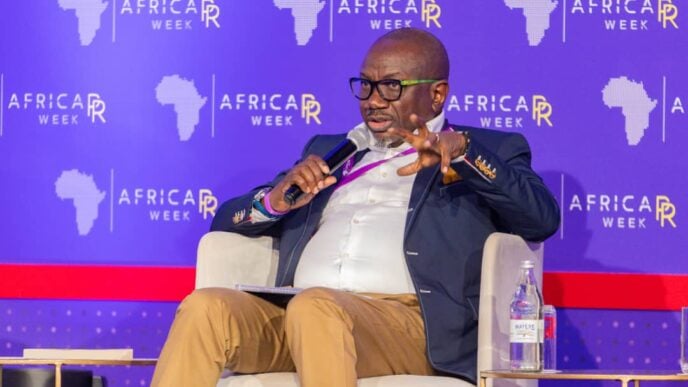BY OSASU IGBINEDION OGWUCHE
On my third morning in Tokyo, I sat down to a quiet breakfast overlooking the bustling streets below. As I unfolded a copy of The Japan Times, a headline caught my attention: Japanese citizens were voicing concerns about their prefectures being “assigned” to African countries under the Tokyo International Conference on African Development (TICAD) exchange framework.
The program was meant to deepen people-to-people ties, pairing African states with Japanese prefectures for cultural, educational, and economic exchanges. But misinformation had spread. Some believed Africans would soon be resettled in their hometowns. A misstep in Nigerian communication (suggesting special visas might be forthcoming) only added fuel to the fire.
Reading those headlines, I wasn’t angry. I was reflective. Because what I saw in that moment wasn’t hostility from the Japanese, but something deeper; a reflection of our times. A world where borders are closing, societies are anxious about job security, and “diversity” has lost some of its sheen as countries recalibrate around fear and scarcity.
As I sipped my tea, I thought: this is not just Japan. This is the world.
Advertisement
The Drama of the Empty Booth
Inside the TICAD9 venue in Yokohama, another moment lingered with me. The Nigerian booth, our official showcase, was empty for the entire first day. Quiet. Unprepared. In contrast to the dynamism of other African stands.
It was not a disaster, but it was a symbol. Nigeria, Africa’s largest economy and cultural powerhouse, has so much to offer the world; yet too often, we show up underprepared, underselling our own potential. And when we under-communicate our value, the world fills in the blanks for us.
That booth became, for me, a metaphor for Africa at large. Brimming with talent, endowed with natural wealth, rich with cultural vitality, but in danger of missing the moment unless we tell our story boldly and prepare intentionally.
Advertisement
A Shifting Global Tide
What happened in Yokohama is not isolated. Across Europe, Asia, and the Americas, you can feel the tide turning. Aid budgets are shrinking as governments grapple with domestic crises. Immigration is a flashpoint; borders are hardening, walls — literal and political — are going up. Diversity, equity, and inclusion (DEI) initiatives are being quietly scaled back as political backlash continue to grow. Citizens everywhere are anxious about job losses, automation, and economic stagnation. The world, as we know it is morphing into another form, nations are becoming more inward-looking, less generous, and less open.
And here’s the uncomfortable truth: this trend will not reverse overnight. It may, in fact, deepen in the coming decades as global power competition intensifies and economies tighten.
Which means Africa cannot afford to wait for the world to “save” it. We must, as a continent, learn to look inward. To depend less on aid and more on our own ingenuity. To build markets that serve our people first. To tell our own story before others misrepresent it.
Lessons from TICAD9
From the empty booth to the newspaper headlines, TICAD9 offered three clear lessons for Nigeria and Africa at large:
Advertisement
Preparation is Power: If we want to be taken seriously, we must show up seriously. Whether in global summits or trade negotiations, Africa cannot afford half-measures. Representation must reflect our strength.
Communication Shapes Perception: A single misstatement about visas created confusion across Japan. In today’s information age, clarity and professionalism in communication are not luxuries; they are essential tools for survival.
Partnerships Require Trust: The pushback in Japan was not rejection, but caution born of misunderstanding. Trust is built with transparency, respect, and patience. Africa must nurture its partnerships carefully, knowing that perception is as powerful as policy.
My Japan Journey
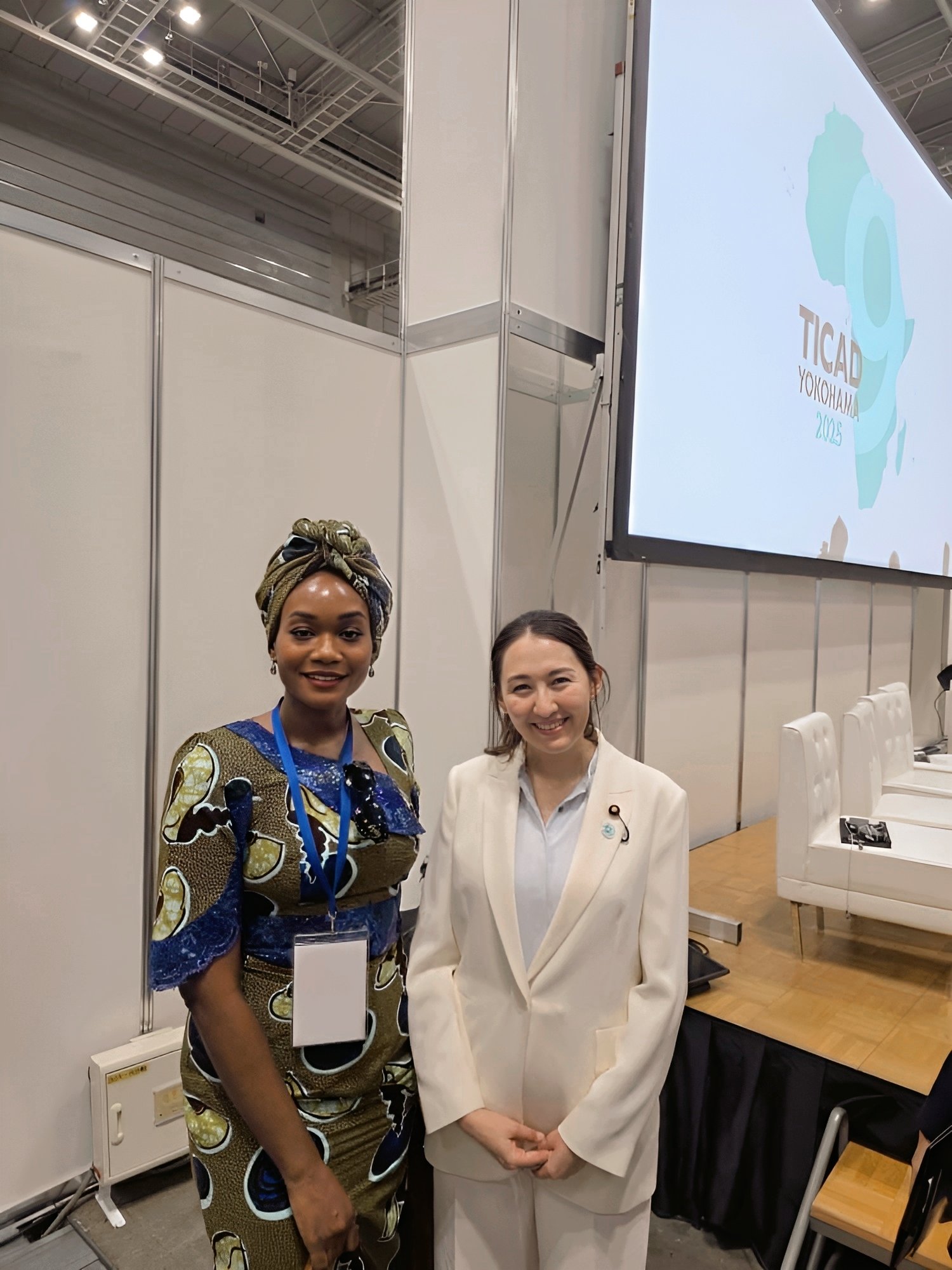
Beyond the official sessions, my ten-day stay in Japan was unforgettable.
Advertisement
In Tokyo, I marvelled at the seamless flow of the city, how order and efficiency coexist with creativity and charm. In Yokohama, the waterfront offered a glimpse into how a city can marry modernity with tranquillity. Kyoto’s temples reminded me of the power of heritage, how nations that honour their traditions build confidence for the future. And Osaka’s vibrancy, its warmth, felt like a mirror of African dynamism.
Everywhere I went, I encountered politeness, precision, and a culture deeply attuned to respect. It was a reminder that development is not just about GDP or skyscrapers; it’s about values, systems, and culture. Japan showed me that ease and civility are themselves forms of infrastructure, shaping how societies grow and thrive.
Advertisement
The Global Anti-Aid Era
Let us be frank: the age of expansive foreign aid is drawing to a close. Not because Africa has no needs, but because donor societies no longer have the political space. From Washington to Brussels to Tokyo, leaders are constrained by electorates who question why resources should go abroad while their own citizens struggle.
This is not hostility. It is political reality. And it is Africa’s wake-up call.
Advertisement
For too long, our continent has been cast primarily as a recipient. That narrative must change. Africa must reposition itself as a co-creator, an investor, and a solution-provider. We should not only ask for support; we must also offer value, which we have in abundance. That value lies in our trade, especially of value-added products, in our innovation, and above all, in our human capital.
The Inward Turn Africa Must Make
So, where do we go from here?
Advertisement
Africa’s task is not to retreat from the world, but to engage it from a position of strength. That strength will only come if we first look inward, building resilient foundations at home that give us credibility abroad.
Strengthening Intra-African Trade: The African Continental Free Trade Area (AfCFTA) cannot remain just a treaty on paper. It must become a lived reality. With 1.3 billion people, Africa’s first and most dynamic market should be ourselves.
Investing in Human Capital: Education, healthcare, and digital skills are not luxuries; they are the engines of economic transformation. An Africa that invests in its people will not be ignored; it will be unstoppable.
Harnessing Agriculture and Energy: To feed ourselves, we must modernise agriculture, mechanising farms to boost yields, and add value instead of exporting raw crops. The same applies to energy. Our lithium, oil, and gas must first power African homes, industries, and innovation before we think of export. We cannot afford to send resources out raw, only to import them back at a premium. This was the thesis of the fourth edition of The Osasu Show Symposium, themed Rethinking Africa.
Telling Our Own Story: Nollywood and Afrobeats show the global power of African culture. But our storytelling cannot stop at music and film. It must extend to diplomacy, trade, and policy. If we do not tell our own story, others will define us on their terms.
Policy Recommendations for the Future
Reflection must lead to action. To anchor Africa’s inward turn, I propose a five-point agenda:
Establish a Continental Partnership Council: Africa needs a structured mechanism to coordinate how nations engage with external partners. Such a body would ensure consistency, professionalism, and preparation at global forums like TICAD, FOCAC, and COP. For example, the African Union’s Vaccine Acquisition Task Team (AVATT) during COVID-19 showed how collective negotiation gave Africa leverage it would never have achieved country by country.
Invest in Diplomatic Storytelling: Narratives matter. Africa must create a pan-African communications fund to equip diplomats, civil servants, and journalists with the tools of 21st-century strategic communication. Rwanda’s successful branding as a hub for innovation and conferencing demonstrates how deliberate storytelling can reshape perception and attract investment.
Accelerate AfCFTA Implementation: The African Continental Free Trade Area must move from ambition to execution. This requires dismantling non-tariff barriers, harmonising standards, and investing in trade corridors and logistics infrastructure that make intra-African trade seamless. Kenya’s and Ethiopia’s investments in modern rail and road corridors show what is possible when infrastructure is aligned with trade ambitions.
Create an African Human Capital Compact: Governments must commit, formally and collectively, to allocate fixed percentages of GDP to education, healthcare, and digital skills. Ghana’s free secondary education initiative and Nigeria’s growing tech talent ecosystem show how investment in people directly translates into economic opportunity.
Develop Sovereign Innovation Funds: Africa must pool resources at a continental level to finance African-led research and development, particularly in agriculture, renewable energy, and digital technology. Morocco’s advances in solar power through the Noor Ouarzazate project and Nigeria’s fintech boom are proof that local innovation, when supported, can scale globally.
A Personal Closing Reflection
As I sit on board my bullet train from Osaka to Tokyo, I reflect on all I have seen: the quiet dignity of Japanese culture, the polite but firm resistance of its citizens to misunderstandings, the vibrant conversations inside TICAD’s halls, and yes, the stillness of Nigeria’s empty booth.
All of it told a story. A story of a world in transition. A tale of Africa at a crossroads. A foretelling of opportunity, if we are bold enough to seize it.
Africa must not wait for the world to decide our future. We must choose it ourselves. And when we do, we will not only take our rightful place at conferences like TICAD; we will redefine what partnership means in the 21st century.
Osasu Igbinedion Ogwuche is the CEO of TOS Group of Companies and the Convener of the Reserved Seats for Women Bill Campaign Coalition.
Views expressed by contributors are strictly personal and not of TheCable.
